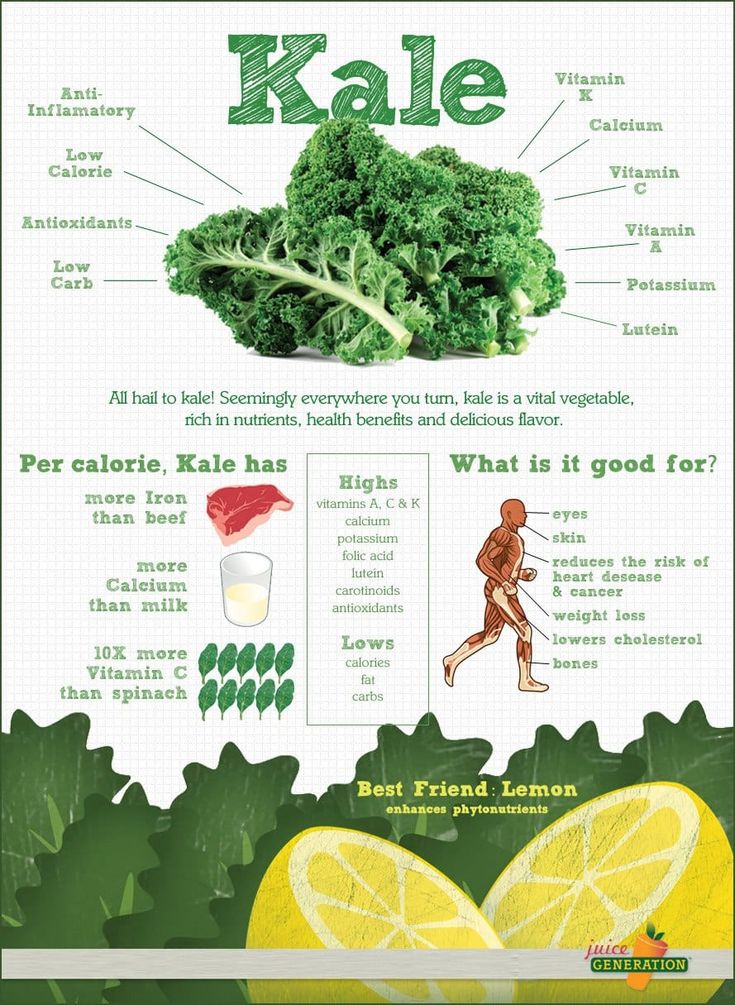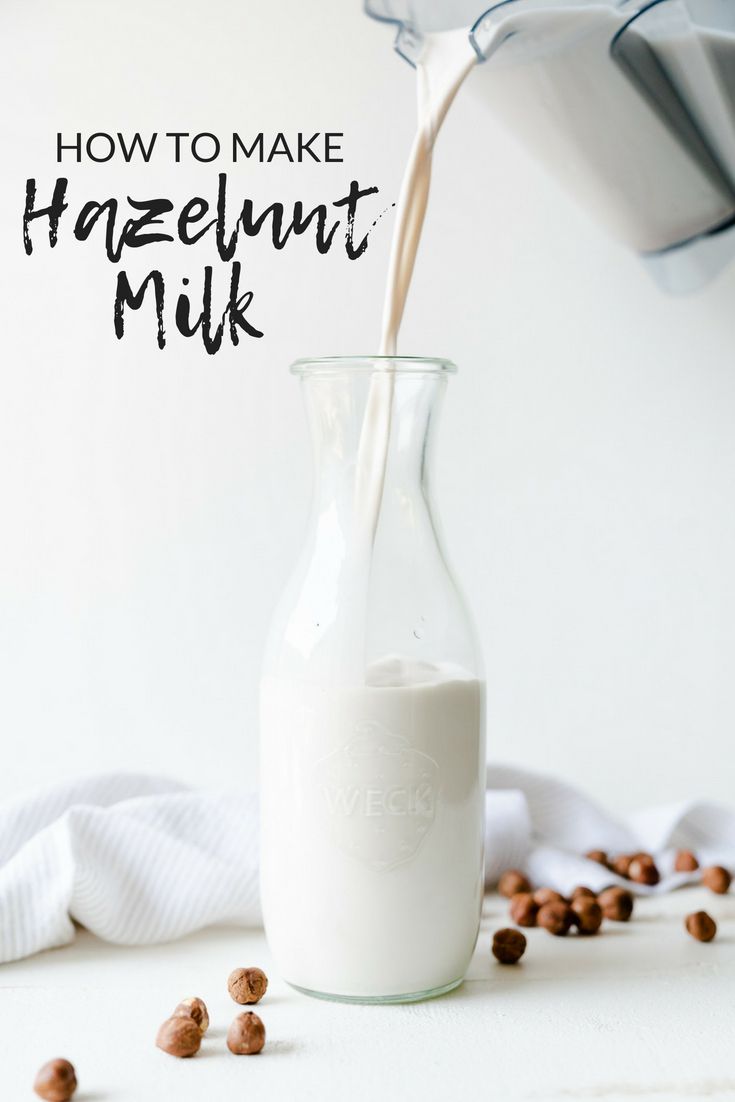The Liberation of the Imperfect Plate: Why You Don’t Need ‘Perfect’ Eating to Be Truly Healthy
The siren song of "perfect eating" is a pervasive melody in our modern world, humming beneath the surface of every wellness blog, Instagram feed, and casual conversation about health. It promises an idyllic state of boundless energy, radiant skin, optimal digestion, and an almost spiritual connection to our bodies. We are led to believe that if only we can meticulously control every morsel, eliminate every "bad" food, and adhere flawlessly to a prescribed dietary dogma, we will unlock the secret to ultimate health and well-being.
For years, I, like many others, danced to this tune. I saw its allure in the eyes of my clients, friends, and even within my own reflections. The pursuit of dietary perfection often begins with noble intentions: a desire to feel better, to manage a chronic condition, to achieve a specific physique, or simply to align one’s values with a healthier lifestyle. Yet, what starts as an earnest quest for vitality frequently devolves into a relentless, anxiety-ridden struggle against an unattainable ideal, ultimately undermining the very health it sought to cultivate.
This article isn’t a dismissal of thoughtful nutrition or the profound impact food has on our bodies. Far from it. Instead, it is an exploration of why the pursuit of perfection in eating is a fundamentally flawed and often detrimental strategy for achieving sustainable health. It’s a narrative woven from the countless stories of individuals trapped in the cycle of dietary dogma, and a roadmap towards a more liberated, intuitive, and genuinely healthful relationship with food.
The Allure and the Albatross: How Perfection Becomes a Prison
Imagine Sarah, a marketing executive in her late thirties. Bright, ambitious, and deeply concerned with her well-being, Sarah initially found solace in the clear-cut rules of a popular "clean eating" philosophy. For years, she’d felt sluggish, her energy ebbing and flowing unpredictably, and she struggled with persistent digestive discomfort. The diet promised a reset, a purification.
At first, it was exhilarating. Sarah meticulously planned her meals, shopped at specialty stores, and diligently tracked her intake. She felt a surge of control, a virtuous high that came from saying "no" to perceived toxins and "yes" to nutrient-dense foods. Her colleagues admired her discipline; her social media posts garnered likes and encouraging comments. For a brief period, she felt better – lighter, more energetic. The initial elimination of highly processed foods, sugary drinks, and excessive fried items undoubtedly offered genuine improvements.
But then, the albatross began to descend. What started as guidelines morphed into rigid rules. A single deviation – a piece of birthday cake at a colleague’s celebration, a spontaneous dinner out with friends where the menu wasn’t "compliant" – would trigger a cascade of guilt, self-reproach, and anxiety. The mental bandwidth required to maintain her "perfect" diet became immense. She’d spend hours analyzing ingredients, worrying about cross-contamination, and agonizing over restaurant choices.
Her social life began to suffer. Dinners out became stressful negotiations, picnics a source of dread. She found herself declining invitations, not because she didn’t want to see her friends, but because the thought of navigating food outside her controlled environment was too overwhelming. The joy of eating, once a simple pleasure, was replaced by vigilance and judgment. Food, once a source of nourishment and connection, became a minefield of potential failure.
Sarah’s story is not unique. It’s a common narrative among those who chase the phantom of perfect eating. The initial benefits often come from the elimination of genuinely unhealthy habits, but the subsequent rigidity and hyper-focus on food often lead to a litany of unintended consequences:
- Increased Stress and Anxiety: The constant vigilance, the fear of "slipping up," and the self-criticism create a chronic stress response. Cortisol levels rise, impacting everything from sleep to immunity.
- Disordered Eating Patterns: What begins as healthy eating can easily spiral into orthorexia (an obsession with "healthy" or "pure" eating), restrictive eating disorders, or a cycle of binging and purging driven by deprivation.
- Social Isolation: Food is deeply interwoven with culture, celebration, and connection. A rigid diet can make social interactions fraught with anxiety, leading to withdrawal and loneliness.
- Nutrient Deficiencies: Paradoxically, overly restrictive "healthy" diets can lead to deficiencies. Eliminating entire food groups (like grains, dairy, or legumes) without careful planning can strip the body of essential vitamins, minerals, and fiber.
- Loss of Intuition: The body has innate wisdom regarding hunger, fullness, and cravings. Strict rules override these signals, disconnecting us from our internal cues and fostering external control over internal needs.
- Unsustainability: Perfection is, by definition, unattainable in the long term. Life happens – travel, holidays, illness, stress. When the rigid structure inevitably breaks, it often leads to a backlash of perceived failure and a return to old habits, creating a demoralizing cycle of yo-yo dieting.
Deconstructing the Myth: Why "Perfect" Eating is an Illusion
The idea that there is a single, universally "perfect" way to eat is a fundamental misunderstanding of human biology, psychology, and the very nature of health.
1. Biological Individuality and Adaptability:
Our bodies are remarkably resilient and adaptable. There is no one-size-fits-all dietary blueprint. Genetic predispositions, gut microbiome composition, activity levels, age, sex, stress, and even geographical location all influence how we process and utilize food. What might be optimal for one person (e.g., a low-carb approach for someone with insulin resistance) could be detrimental to another (e.g., an endurance athlete). The human body is designed to thrive on a variety of foods, and its homeostatic mechanisms are constantly working to maintain balance, even in the face of dietary variability. A single "unhealthy" meal doesn’t dismantle a lifetime of good habits; the body is adept at processing and recovering.
2. The Fluidity of "Healthy":
What constitutes "healthy" food is not static. Nutritional science is constantly evolving. Recommendations change, new research emerges, and what was once demonized (like dietary fat) is now often celebrated. Furthermore, "healthy" is deeply contextual. Is a slice of birthday cake "healthy"? In isolation, perhaps not in a purely nutrient-density sense. But if it’s shared with loved ones, part of a celebration, and contributes to psychological well-being, its overall "health impact" shifts dramatically. The rigid definition of "healthy" often strips food of its cultural, social, and emotional significance, reducing it to mere macronutrients and micronutrients.
3. The Psychological Cost of Control:
The human mind craves certainty and control, especially in an unpredictable world. Food offers a tangible domain where we feel we can exert mastery. However, this illusion of control often backfires, creating a hyper-vigilance that is mentally exhausting and emotionally draining. The pursuit of perfection feeds into a scarcity mindset, where certain foods are "good" and others are "bad," fostering fear and deprivation rather than abundance and nourishment. This constant internal battle can be more detrimental to overall health than the occasional indulgence.
4. The Problem with Reductionism:
Diet culture often reduces food to its chemical components, ignoring the holistic experience of eating. Food is more than fuel; it is pleasure, comfort, culture, tradition, and connection. To strip it of these dimensions is to diminish a fundamental aspect of the human experience. A meal shared with laughter and good conversation, even if it’s not "perfectly" composed, often offers more nourishment for the soul and mind than a meticulously calculated, solitary "perfect" meal consumed with anxiety.
The Path to Liberated Health: Embracing Imperfection
So, if perfect eating isn’t the answer, what is? The shift lies in moving away from an external, rigid rule-based approach to an internal, intuitive, and flexible framework that prioritizes overall well-being. This journey, as Sarah discovered, involves several key principles:
1. Prioritize Patterns, Not Isolated Incidents:
One salad does not make you healthy, and one donut does not make you unhealthy. True health is built on consistent, long-term patterns of behavior. Focus on what you do most of the time. Are you generally consuming a variety of whole, minimally processed foods? Are you hydrating adequately? Are you eating enough fiber? If the answer is generally yes, then an occasional deviation is simply part of a rich and varied life, not a catastrophic failure. Sarah learned to zoom out, seeing her weekly and monthly eating habits as a landscape, rather than scrutinizing every single tree.
2. Embrace Balance and Variety:
Instead of eliminating entire food groups, aim for a diverse diet that includes carbohydrates (from whole grains, fruits, vegetables), healthy fats (avocados, nuts, seeds, olive oil), and lean proteins. A wide variety of plant foods ensures a broad spectrum of micronutrients and beneficial phytochemicals. The beauty of this approach is its inherent flexibility – if you have a pasta dish one night, balance it with a protein-and-vegetable-heavy meal the next.
3. Cultivate Intuitive Eating:
This is perhaps the most profound shift. Intuitive eating is an evidence-based approach that helps individuals reconnect with their body’s internal hunger, fullness, and satisfaction cues. It involves:
- Honoring Your Hunger: Eating when you’re physically hungry, rather than waiting until you’re ravenous or adhering to strict meal times.
- Feeling Your Fullness: Paying attention to signals of satisfaction and stopping when comfortably full, not painfully stuffed.
- Making Peace with Food: Giving yourself unconditional permission to eat all foods, which paradoxically often reduces the desire for "forbidden" items.
- Challenging the Food Police: Silencing the internal voice that judges your food choices.
- Coping with Emotions with Kindness: Finding ways to deal with feelings that don’t involve food.
- Respecting Your Body: Accepting and appreciating your body’s unique shape and size.
- Movement – Feel the Difference: Engaging in joyful movement, focusing on how it feels rather than burning calories.
- Gentle Nutrition: Making food choices that honor your health and taste buds, without rigid rules.
Sarah found that by allowing herself the occasional treat without guilt, the intense cravings she once experienced diminished. She started listening to her body’s true needs, discovering that sometimes a comforting meal was what she needed, and other times a light, fresh salad.
4. Prioritize Psychological Well-being:
Mental and emotional health are inextricably linked to physical health. Chronic stress, anxiety, and unhappiness can wreak havoc on the body, regardless of how "clean" one’s diet might be. A truly healthy lifestyle encompasses stress management (meditation, mindfulness, hobbies), adequate sleep, meaningful social connections, and a sense of purpose. Obsessing over food can actively detract from these vital components of health. For Sarah, letting go of the dietary perfectionism freed up mental space and energy she could redirect towards nurturing her friendships and pursuing creative outlets.
5. Expand Your Definition of "Health":
Health is a holistic concept that extends far beyond the plate. It includes:
- Movement: Engaging in physical activity that you enjoy.
- Sleep: Prioritizing consistent, restorative sleep.
- Stress Management: Developing healthy coping mechanisms for life’s inevitable stressors.
- Relationships: Nurturing supportive connections with others.
- Purpose: Finding meaning and engagement in life.
- Self-Compassion: Treating yourself with kindness and understanding, especially when you stumble.
Sarah realized that her pursuit of a perfect diet had made her a less pleasant person to be around. When she began to ease up, focusing on overall well-being, she found herself laughing more, sleeping better, and enjoying her relationships again. Her digestion, ironically, also improved, as the chronic stress she had been under began to dissipate.
The Journey of Integration: Sarah’s Transformation
Sarah’s shift wasn’t immediate or linear. It was a gradual process of unlearning deeply ingrained beliefs and rebuilding trust with her body. She started by allowing herself one "unplanned" meal a week, slowly increasing flexibility. She read books on intuitive eating and mindful consumption. She began to challenge her own internal "food police," asking herself: "Is this rule truly serving my health, or is it creating more anxiety?"
She had moments of doubt, days where the old anxieties crept back in. But each time, she practiced self-compassion, reminding herself that progress, not perfection, was the goal. She learned to differentiate between emotional eating (which she began to address with other coping strategies) and genuine cravings, which she allowed herself to honor without guilt.
Eventually, Sarah found a sustainable rhythm. Her plate was still filled with mostly whole, nutritious foods, but there was room for spontaneity, for cultural dishes, for shared desserts. She ate a wide variety of foods, listened to her body’s signals, and no longer felt controlled by external rules. Her energy levels stabilized, her digestive issues significantly improved (likely due to reduced stress and a more diverse gut microbiome), and her social life blossomed.
She wasn’t "perfectly" healthy, because such a state doesn’t exist. She was, however, genuinely healthy: physically nourished, mentally free, emotionally balanced, and socially connected. She had traded the tyranny of the "shoulds" for the liberation of self-trust and self-compassion.
Conclusion: The Liberation of the Imperfect Plate
The quest for perfect eating is a deceptive mirage, leading us down a path of anxiety, restriction, and ultimately, dissatisfaction. It distracts us from the true, holistic determinants of health and robs us of the joy and connection that food is meant to bring.
To be truly healthy is not to achieve an impossible dietary ideal, but to cultivate a balanced, flexible, and intuitive relationship with food that nourishes both body and mind. It means understanding that health is a dynamic equilibrium, not a static destination, and that imperfection is not only inevitable but also a vital part of a resilient and joyful life.
So, let us shed the burden of dietary perfectionism. Let us embrace the messy, beautiful, and imperfect reality of eating. Let us listen to our bodies, trust our intuition, and nourish ourselves with kindness, curiosity, and compassion. In doing so, we will discover that true health isn’t found in a perfectly clean plate, but in a life lived fully, with food as a source of energy, pleasure, and connection, rather than a constant battleground. The most liberating and healthful plate is, indeed, an imperfect one.






